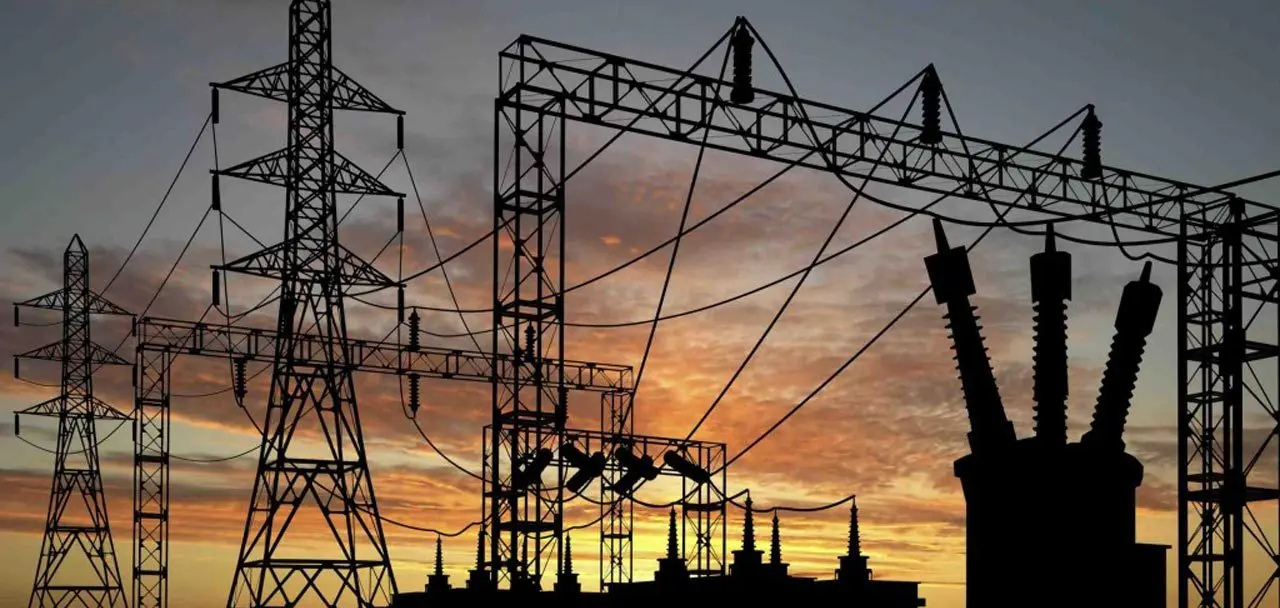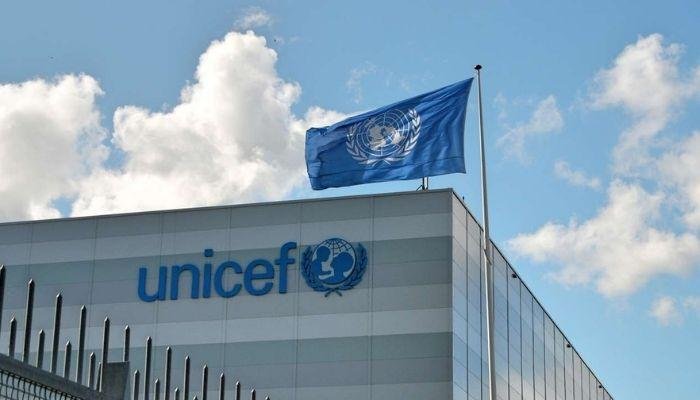The Nigeria Electricity System Operator, NESO, a semi autonomous unit of the Transmission Company of Nigeria, TCN has revealed in a recent data that the country’s electricity generating capacity is 2,775 megawatts, MW, as of Thursday. This represents a 32.3 percent decline from 4,099.87MW recorded last week.
Also, it reflects the situation of unstable and inadequate electricity power supply being experienced by consumers across the country, notwithstanding that the tariff for Band A users has been increased.
The poor and inadequate power supply according to findings, has been blamed on inadequate supply of gas to the thermal stations, including the poor state of transmission lines as generation averages 4200 megawatts since this year. Further findings indicated that there has been no improvement in the power value chain.
Meanwhile, The Minister of Power, Adebayo Adelabu, has assured Nigerians that the country would generate 6,000MW of electricity in the next six months.
Adelabu stated this while featuring on Channel Television’s Politics Today on Thursday.
According to him, the country currently generates and transmits over 4,000MW, which he said has minor issues at the stage of distribution.
The minister, who said he had identified the challenges facing the power sector and the solutions, said the President Bola Tinubu administration is determined to solve the problems facing the sector.
He said the current government has sought the support of experts and stakeholders to identify the problems of the power sector and the way out.
“We are currently at a little over 4,000MW today. We are working tirelessly day and night to ensure that we are able to ramp up generation to 6,000MW for the first time in the history of this country.
“We have an installed capacity of 13,000MW across the hydropower plants and the thermal plants. But for certain reasons, we have not been able to generate more than a little over 4,000MW. But we are going to change the narrative in this administration.
“In the next six months, Nigerians should expect not less than 6,000MW of power generated; and this 6,000MW will be successfully transmitted to Nigerians and it will be distributed to Nigerians,” the minister stated.
He urged Nigerians to be patient as efforts are madeto tackle the problems in the sector.
Recall that power generation in Nigeria dropped drastically since January 2024 due to low gas supply.
Amid this, the national grid collapsed two times in the first quarter of the year.
As complaints greeted the increase in the tariff payable by Band A customers, Adelabu promised that a stable power supply would be enjoyed by Nigerians in the next six months.
But information supplied by the Independent System Operator, ISO, showed that as at 6pm Thurserday, load allocation to the eleven DisCos which stood at 2,775.00 Mega watts gave Abuja Disco the highest allocation at 428MW, followed by Ikeja Electric at 422MW, Eko Disco at 359MW, Ibadan Disco at 335MW, Benin Disco at 227MW and Enugu Disco at 200MW.
The distribution companies with the lowest allocation were Yola Disco at 79MW, Jos Disco at 158MW, Kaduna Disco at 181MW, Kano Disco at 188MW and Port Harcourt Disco at 198MW.
This showed that generation was inadequate for transmission and distribution to households and organization in different parts of the nation, a development that pushed the Electricity Distribution Companies, DISCOs to embark on load shedding in order to spread the limited electricity to many at different times.
This shortfall in supply has prompted some Discos to appease their customers through their social media handles, Ibadan Disco issued a public announcement with the title “List of Band A feeders with Unmet hours of service (11th, April 2024) dear customers, we sincerely apologize for our inability to deliver the estimated hours of supply on your feeder. This was due to earth faults on the 33kv lines. We remain committed to supplying the estimated hours of supply.


